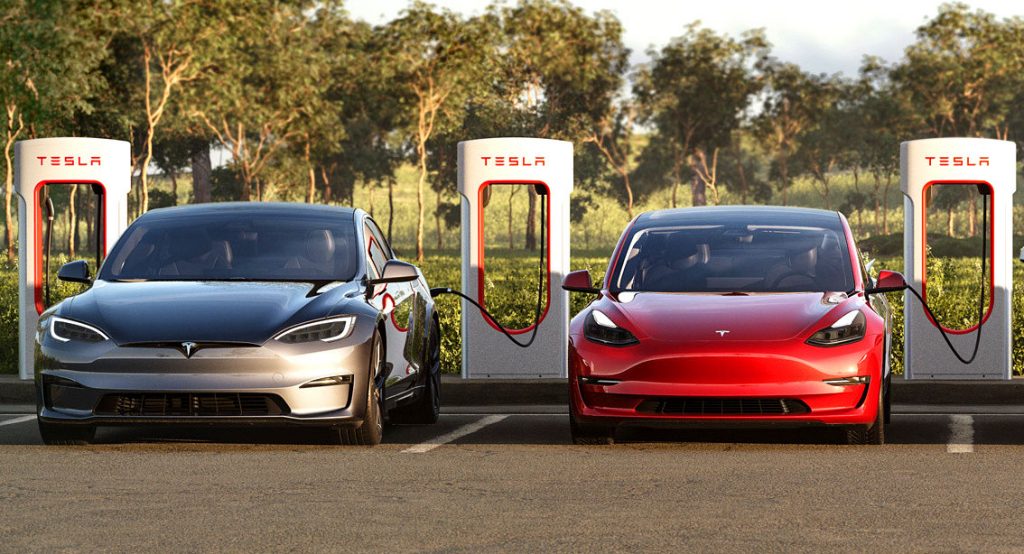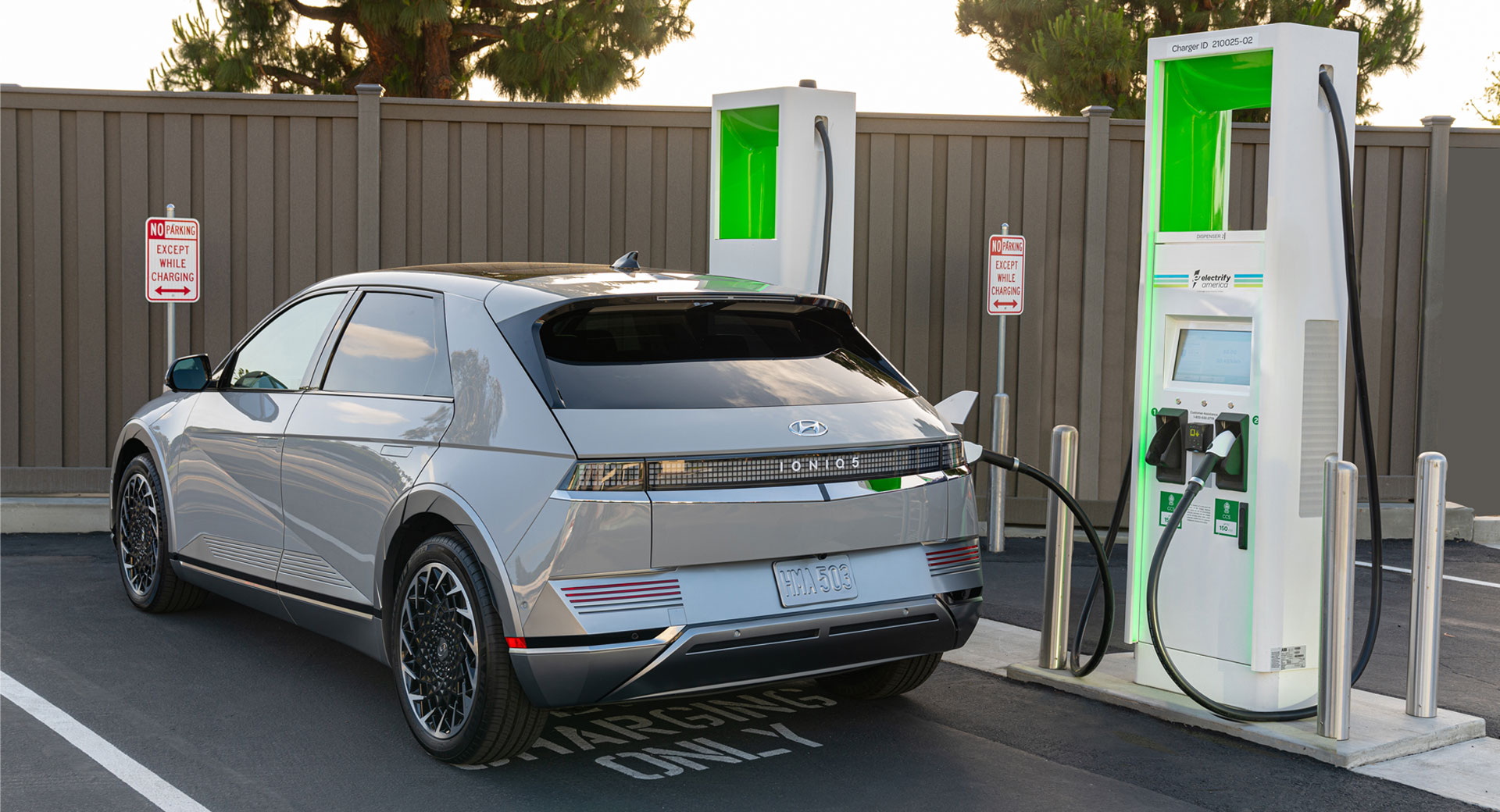California’s EV owners have been advised not to charge their cars only days after the state voted for a ban on combustion engines that will require almost every new car to be battery-powered by 2035.
The recommendation comes from California’s grid operator who warned that excessive heat expected over the Labor Day weekend could lead to power outages if the public didn’t take steps to conserve energy.
The recommendation is just that, and not legally enforceable, but the California Independent System Operator has issued an order banning maintenance operations between August 31 and September 6 to make sure all transmissions lines are available and is hoping people will take note of its Flex alerts and voluntarily rein in its electricity consumption.
“During a Flex Alert, consumers are urged to reduce energy use from 4-9 p.m. when the system is most stressed because demand for electricity remains high and there is less solar energy available,” the ISO said in a press release. “Lowering electricity use during that time will ease strain on the system, and prevent more drastic measures, including rotating power outages.”
Related: Massachusetts And Washington To Join California’s Gas Car Sales Ban
The ISO advice includes setting thermostats to 78 degrees (25.6 C) or higher to prevent domestic air conditioners from kicking in, avoiding leaving lights on when they’re not needed, and thinking twice before using large appliances, Newsweek reports. Basically, it’s like having your dad moan at the entire state about electricity use.
But the recommendation that really sticks out is one suggesting Californians avoid charging their EVs, which doesn’t exactly sit well with CARB’s (California Air Resource Board) recent decision to outlaw combustion-engine vehicles from 2035 as part of legislation that also requires 68 percent of cars to be zero emissions by 2030, and 35 percent to meet the same criteria in 2026.
Living up to those ideals is only possible if the state’s drivers switch over to EVs in huge numbers, and that kind of shift is going to put a huge strain on the grid. We’re always hearing about the money being spent on charging infrastructure to ensure we’ll have somewhere to plug our future EVs in, but it sounds like an awful lot of money needs to be spent on the back-end technology to make sure those new charging sockets can actually supply the energy they promise.





